The music of Finland can be roughly divided into folk music, classical and contemporary art music, and contemporary popular music.
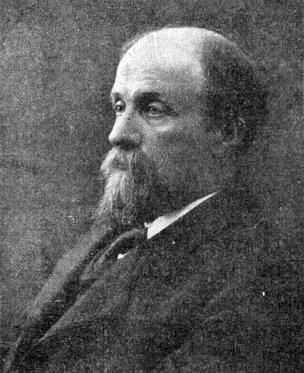
Juhani Aho, originally Johannes Brofeldt, was a Finnish author and journalist. He was nominated for the Nobel prize in literature twelve times.

Aarre Merikanto was a Finnish composer.
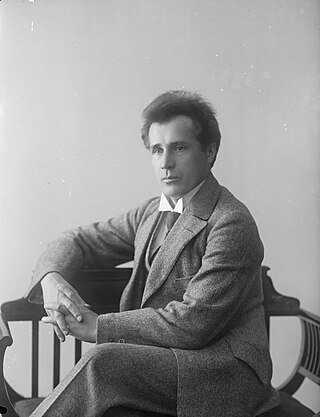
Leevi Antti Madetoja was a Finnish composer, music critic, conductor, and teacher of the late-Romantic and early-modern periods. He is widely recognized as one of the most significant Finnish contemporaries of Jean Sibelius, under whom he studied privately from 1908 to 1910.

Aino Ackté was a Finnish dramatic soprano. She was the first international star of the Finnish opera scene after Alma Fohström, and a groundbreaker for the domestic field.

The Unknown Soldier is a Finnish film from 1985 directed by Rauni Mollberg. It is based on the best selling Finnish novel by the same name written by Väinö Linna. It is the second film adaptation of Linna's novel, the first one being the 1955 film of the same title, directed by Edvin Laine. Third film adaptation of the same novel was released in 2017, directed by Aku Louhimies.
Raimo Sirkiä is a Finnish operatic tenor whose repertoire ranges from spinto to dramatic.
Aatamin puvussa ja vähän Eevankin stylized as Aatamin puvussa... ja vähän Eevankin is a novel by the Finnish writer Yrjö Soini under his pen name Agapetus. It was published in 1928.

The Ostrobothnians, Op. 45, is a verismo opera in three acts written from 1917 to 1924 by the Finnish composer Leevi Madetoja. The story, variously comedic and tragic, takes place around 1850 in the historical Finnish province of Ostrobothnia and features as its central conflict the deteriorating relationship between the farm community and its oppressive sheriff.
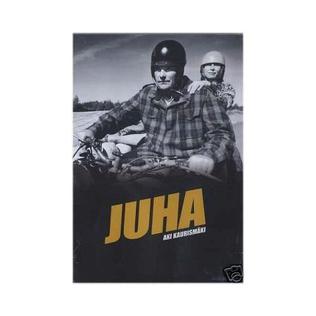
Juha is a 1999 Finnish film produced, written, and directed by Aki Kaurismäki. The film is loosely based on a famous 1911 novel Juha by the Finnish author Juhani Aho marking this as the fourth time the novel was adapted for the screen. The original story takes place in the 18th century but Kaurismäki's remake is set sometime in the latter half of the 20th century. It tells the story of a love triangle where a simple peasant woman leaves her husband after falling in love with a modern city slicker. Juha is a silent film shot in black-and-white with dialogue in the form of intertitles. Special release prints with titles in several different languages were produced for international distribution.

Jussi Jalas was a Finnish conductor and composer.

Pohjalaisia (The Ostrobothnians) is a 1914 Finnish play. Based on it, a 1924 opera and two films in 1925 and 1936 were also made.

Juha is a three-act opera by Aarre Merikanto, with a Finnish libretto by Aino Ackté based on the 1911 novel of the same name by Juhani Aho. Although completed by 1922, it was only finally staged at the music college in Lahti on 28 October 1963. The story is a drama of a love triangle: the older husband Juha, his young wife Marja, and her seducer the merchant Shemeikka. Set in the 1880s in Kainuu in northern Finland, the human tragedy is based around the harsh realities of a farming community and the clash of their lifestyle with the more worldly nomadic Karelians, represented by Shemeikka.
Juha is a 1937 Finnish drama film directed by Nyrki Tapiovaara, starring Hannes Närhi, Irma Seikkula, and Walle Saikko. It is set in the 18th century and tells the story of a farmer who has married an orphan girl he raised and how a tradesman tries to get her to run away with him to Karelia. The film is based on Juhani Aho's 1911 novel of the same title.
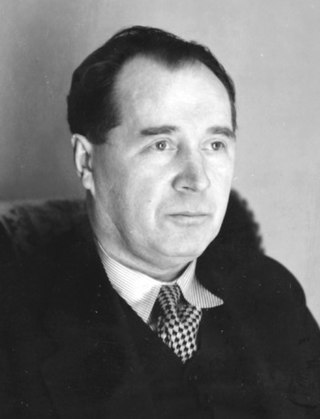
Juha, Op. 74, is a verismo opera in three acts—comprising six tableaux—written from 1931 to 1934 by the Finnish composer Leevi Madetoja. The libretto, a collaboration between Madetoja and the Finnish soprano Aino Ackté, is based on Juhani Aho's 1911 novel by the same name. The story takes place on the border between West Karelia and East Karelia, and features as its central conflict a love triangle between the farmer Juha, his young wife Marja, and a Karelian merchant, Shemeikka. Disillusioned with rural life and seduced by promises of material comfort and romance, Marja runs away with Shemeikka; Juha, who maintains his wife has been abducted, eventually discovers her betrayal and commits suicide by jumping into the rapids.
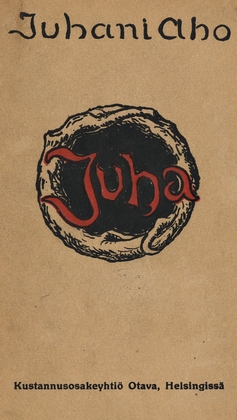
Juha is a Finnish novel by Juhani Aho, published in 1911. It is considered one of Aho's most important works: after its publication, Aho consolidated his role as the "national writer" of Finland. The novel is at once characterized as one of his most classical and most modern works. Although taking the form of an epic, Juha does not lack drama in its plot.
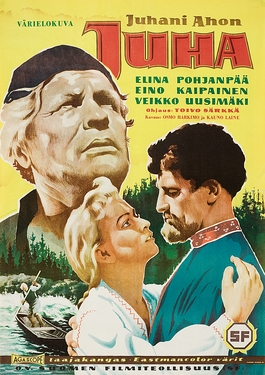
Juha is a 1956 Finnish drama film produced, written, and directed by Toivo Särkkä. The film is based on a 1911 novel Juha by Juhani Aho, telling the story of the farm host Juha and his young wife Marja, whose usual everyday life is disrupted when a Karelian traveling merchant arrives and starts seducing the passionate Marja. The film stars Elina Pohjanpää, Eino Kaipainen and Veikko Uusimäki.
This page is based on this
Wikipedia article Text is available under the
CC BY-SA 4.0 license; additional terms may apply.
Images, videos and audio are available under their respective licenses.












